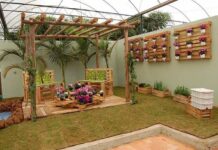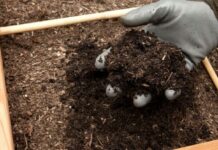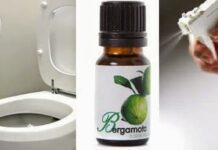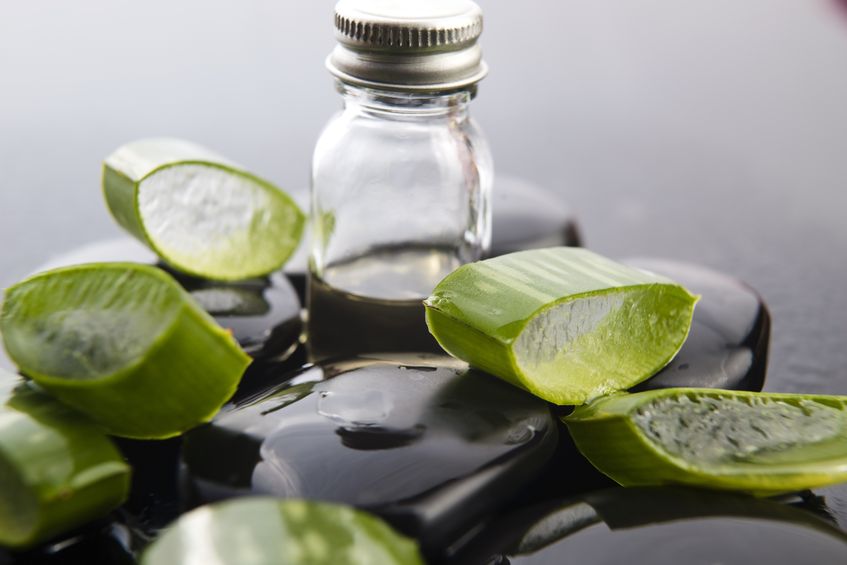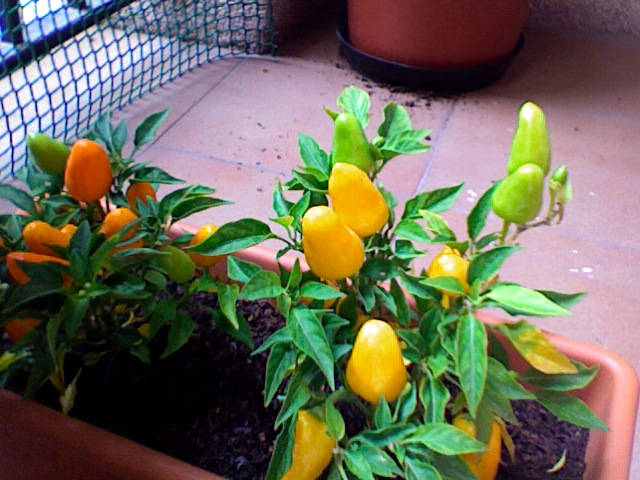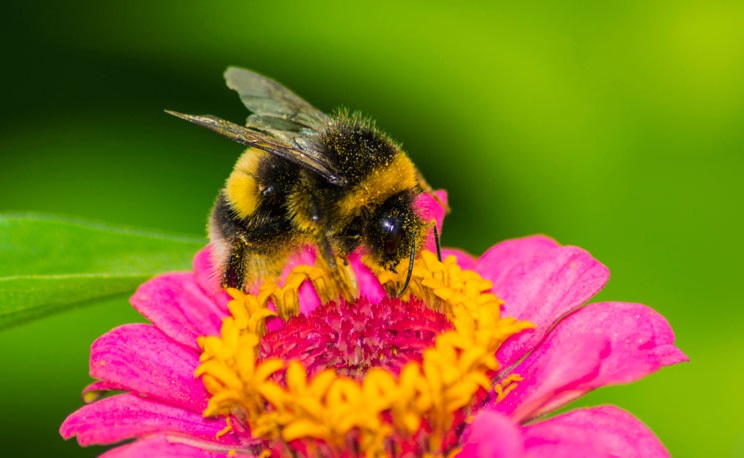Homemade fertilizers have a great advantage over those chemical products, since natural products will not damage or affect natural growth, but will stimulate it constantly, without damaging the soil or the plant.
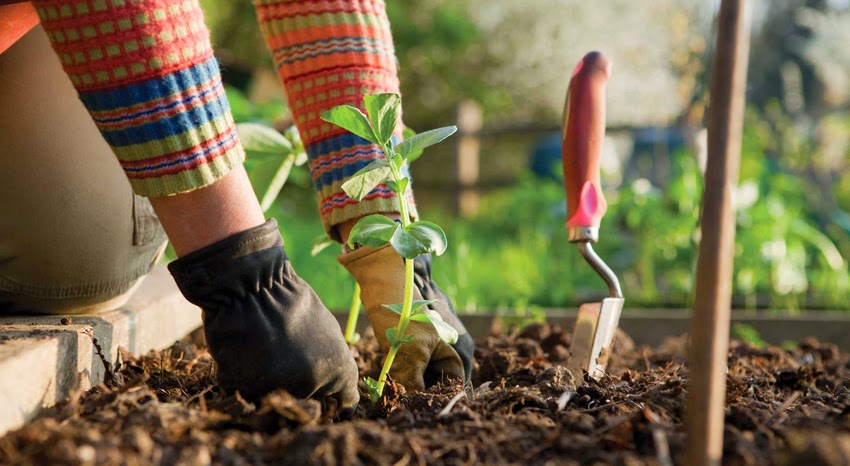
Homemade and ecological fertilizers for the garden or orchard. For different types of crops, for different types of soils, using natural and ecological solutions that are of great help to improve the quality of the land.
How to make your own homemade fertilizer?
Fertilizers purchased from nurseries often contain chemicals that can not only harm plants, but are also very unfriendly to the environment. Also, they can be a bit expensive. For this reason, many gardeners create their own organic, homemade fertilizers using organic plants. Below you can learn more about how to make your own homemade and plant fertilizer.
For flowering and fruiting
Potassium rich solution
Ingredients:
- 3 banana peels.
- 1 liter of water.
- 2 tablespoons sugar.
Boil for a few minutes, strain and dilute in water at a rate of 1 to 2. Apply weekly in the form of irrigation.
Phosphorus contribution
Add wood ashes previously diluted in water
- Fruit, vegetable and grass preparation (liquid fertilizer).
- 3 kg of leftover fruits, vegetables and grass.
- 500 grams of sugar.
Put them in a bucket and leave them to ferment for 7 days (The remains must be small pieces). A leachate will form in the lower part of the bucket with an alcohol odor due to fermentation, this leachate must be diluted at a rate of 100 cc in 2 liters of water.
For acid soils
Calcium contribution
This homemade fertilizer will work if the soil is really very acidic, it is hardly used because a lack of calcium in the plants is very rare.
- 5 eggshells.
- Liter of water.
Let the shells soak for a day. The resulting water can be used as irrigation for plants and provide calcium. You can apply it every two weeks.
Fertilizer with coffee
- Some coffee, half a cup.
- A liter of water.
Leave the coffee for a day in a liter of water. Use the solution to water the plants. This will give a contribution of nitrogen, phosphorus, potassium and copper. Remember to use it with measure, as coffee can be very strong for excess plants.
Vegetable water
For this you only need to use the water that you use to boil the vegetables. The only requirement is that you have not used salt. The remaining cooking water can be beneficial for crops. Just remember not to use it on crops that have the vegetables you boiled.
If you leave the solid remains in the garden or the planters that house your plants, you must be careful and cover with something extra as these are favorites for unwanted animals such as rats. Do you know any other slurry or recipe that you want to contribute? Leave a comment!


